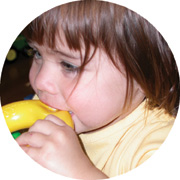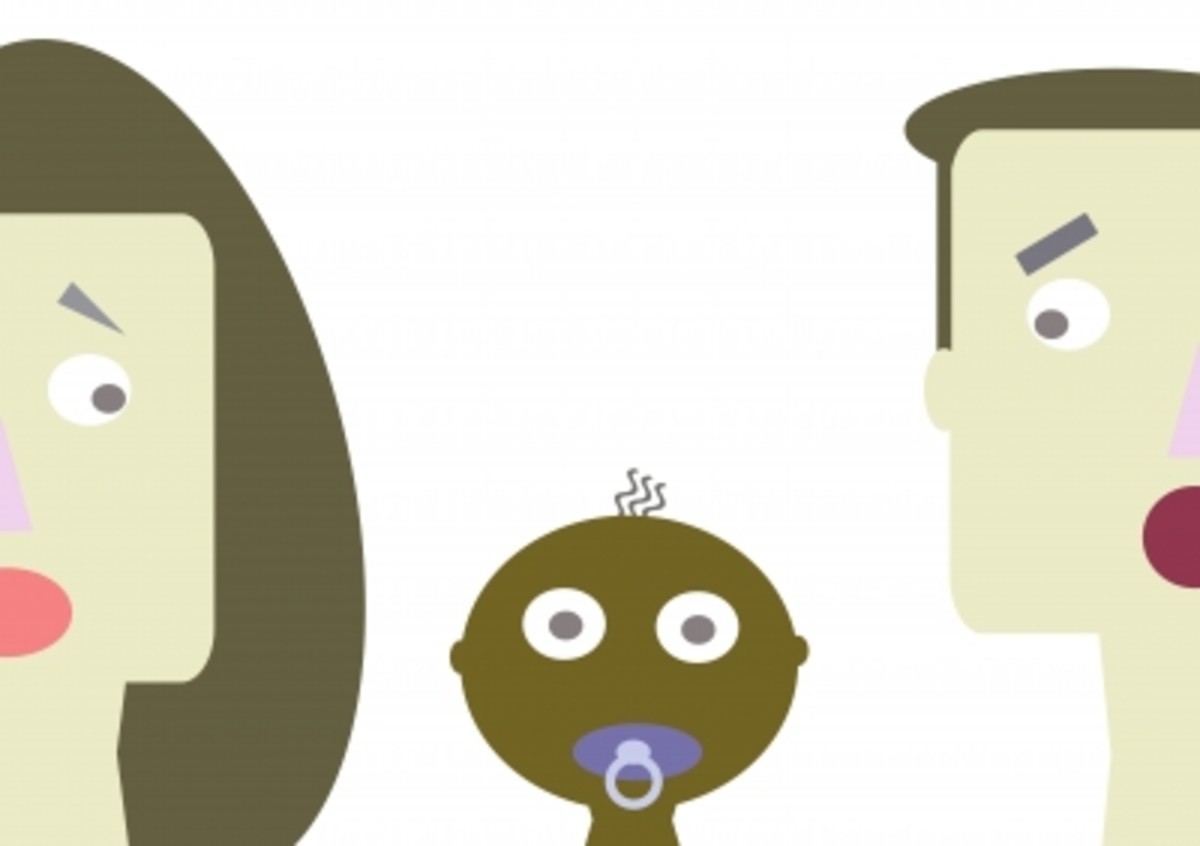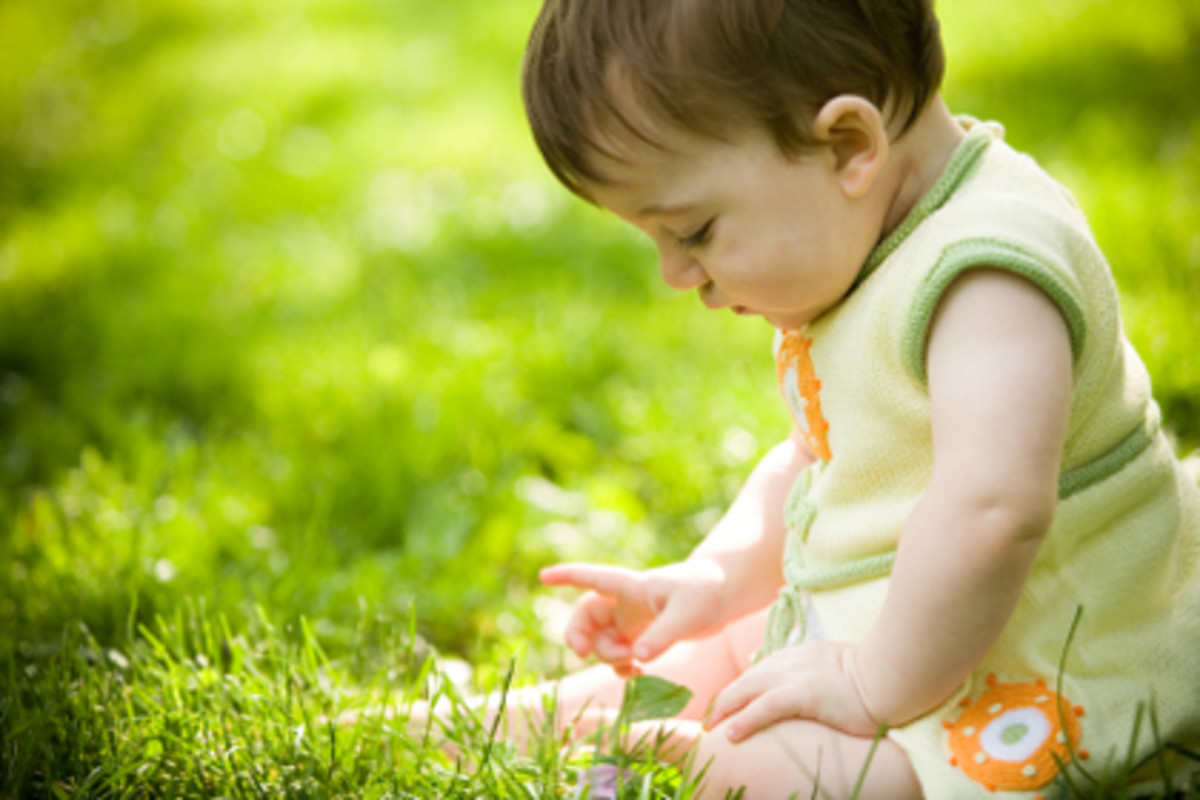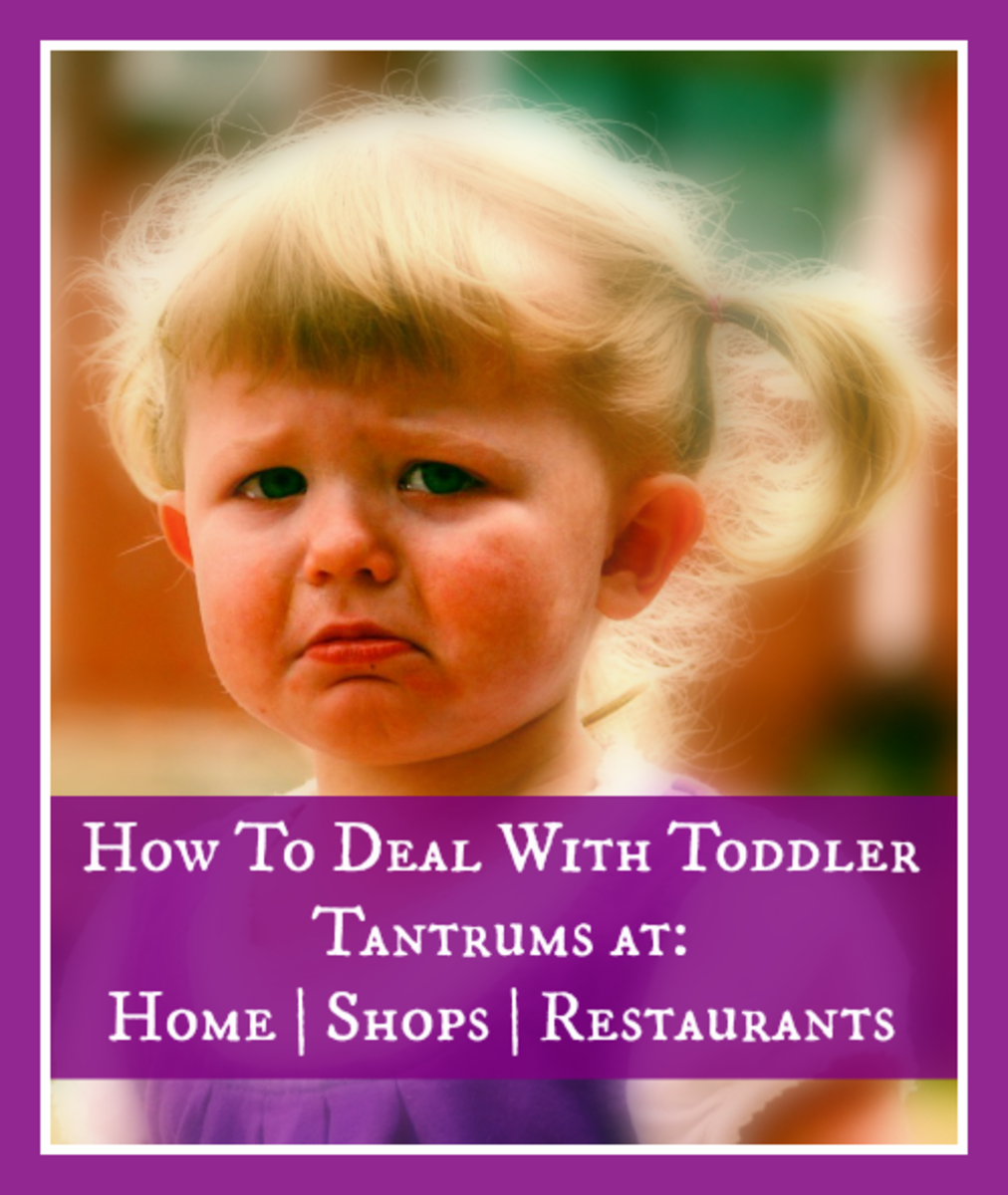How to Stop Children from Biting

Some children are biters. For most kids, this is just a phase that they go through as toddlers. But in some cases, children will continue biting on into their childhood and even early teen years. This points to the fact that there are different reasons that children might be biters. Getting them to stop the biting requires getting to the root of the biting problem and addressing the reasons that underlie it. However, there are some common techniques that many parents find helpful to terminate their children's biting phase as early as possible.
Let's take a look at some common reasons that children might be biting and some things that you can do to treat each of them:
Curiosity. This is the biggest reason that children begin biting when they are young. They are curious about the world around them. They want to taste it and as they get teeth, they want to bite it. They may also be interested in learning what happens when they bite. If this is the reason that your child is biting, you're in luck; this is the easiest biting habit to break. Your child will quickly learn that biting results in negative reactions and will stop biting. Here are some tips for moving through the biting phase if your child is a curious biter:
- Communication. Talking to your child about the inappropriateness of biting and the reasons that we don't bite is the first step in resolving this problem. Be sure to engage your child in a conversation about alternatives to biting. Merely discussing why your child bites, how wrong it is and what can be done instead might resolve the problem.
- Consequences. If your child won't stop biting but you believe it's a curiosity issue, consequences should resolve the problem. Use whatever standard form of discipline you use in your home (such as time-outs) so that your child will begin to associate biting with negative consequences.
Frustration : Another reason that young children bite is because they are frustrated with what's going on in any given situation. Because they don't have the verbal skills yet to express this frustration, they strike out. They may also engage in other behaviors such as hitting. Communication and consequences will be important tools to use for this type of biter as well. Here are some other techniques to use when your child is a frustrated biter:
- Redirection. Children who are clearly frustrated may be redirected into other activities which terminate the acting out and dissuade them from biting.
- Appropriate aggression. In some homes, appropriate aggression is allowed. This may include hitting pillows (or screaming into them) or using a punching bag. Even exercise can be used. If this is a tool used in your home, children should be sent to do this activity whenever they bite out of frustration.
Attention: This is a tough one and it's unfortunately common. It may occur at any age but is common in preschool. Children who want attention realize that biting gets it because you can't just ignore someone who is biting you. Communication and consequences will be the key in this area as with some of the others. Here are some additional tips:
- Minimize the amount of attention that you give to the biting. Issue a consequence and stick with it but don't get engaged in arguments or battles over the biting.
- Use a reward system to reduce the biting. Count the number of times in one week that your child gets consequences for biting. Then institute a reward system using points for each time less than that number which your child bites in the second week.
- Praise non-biting behavior. Whenever you see your child getting frustrated or even acting out without biting, praise him or her for that better behavior.
- Consider the root source of needing attention. Biting sometimes occurs when big transitions happen like starting preschool or when a new baby comes to the family. If this could be causing the biting, deal with the biting but also work on solutions to providing more attention to your child during this needy time. "Mom and me dates" are good here.
Pain: In young children, the problem might be as simple as pain in the teeth. If your child is teething, you can try the following things to address the problem and stop the biting:
- Teething gels. These soothe your child and reduce the pain so they don't feel the need to bite.
- Redirection to biting something that's appropriate. Toys or teething rings may be implemented to teach your child what is and isn't okay to bite.
Aggression: In most cases, your child is biting out of curiosity, frustration or a need for attention. However, there are some children who continue biting even as they get older and have learned other ways to deal with these feelings. These children (as well as some younger children) bite as an act of aggression. While communication, consequences and redirection are all important to treating this kind of biting, the real key is resolving the underlying problem that is causing the aggression. Here are some tips for doing that:
- Figure out what the problem is. Sometimes a child who is biting at school is doing so in self-defense. Sometimes fighting in the family is causing the child to act out by biting siblings or parents. Sometimes the child is dealing with a difficult emotional situation and is biting to cope. Take the time to figure out what the problem is. Consequences may help but real problem-resolution is the answer.
- Consider positive ways of expressing aggression. Enroll your child in karate classes. Create a room in the house with pillowed walls where your child can go act out. Find a solution to let that aggression out without anyone getting hurt.
- Therapy and / or medication. This is always a last resort when dealing with biting but it could be something that needs to happen. If you've tried everything else and you're at your wit's end, consider seeking professional assistance.









